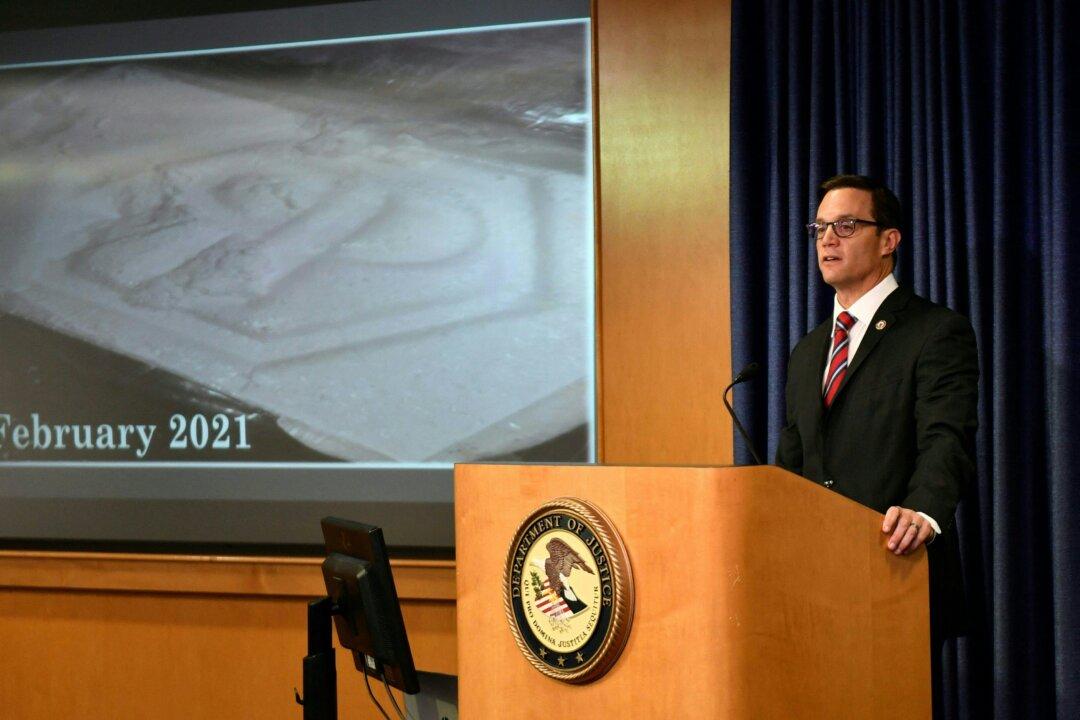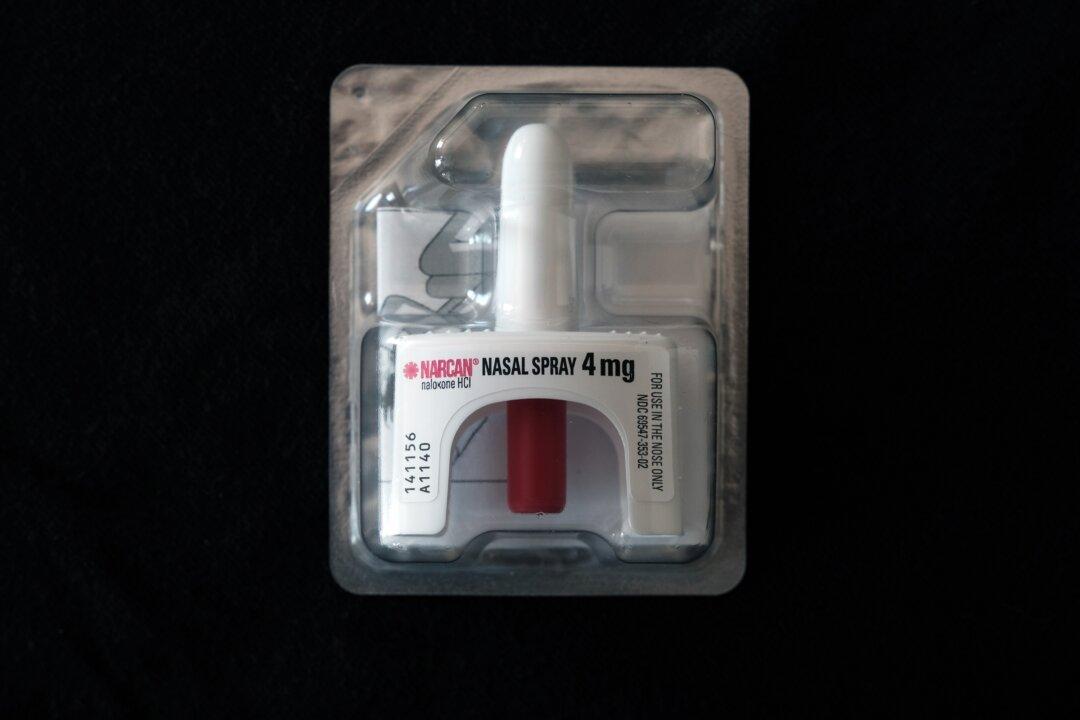A major drug trafficker and money launderer for the Mexican Sinaloa Cartel was sentenced to 188 months in prison for supervising the smuggling of multi-kilogram quantities of cocaine, methamphetamine, and heroin from Mexico into the United States. through Southern California and smuggling drug proceeds back to Mexico.
His prison term follows the sentencing of at least 27 others involved in a transnational drug trafficking and money laundering scheme and after a local law enforcement effort last year resulted in the biggest drug bust in southern California history.





